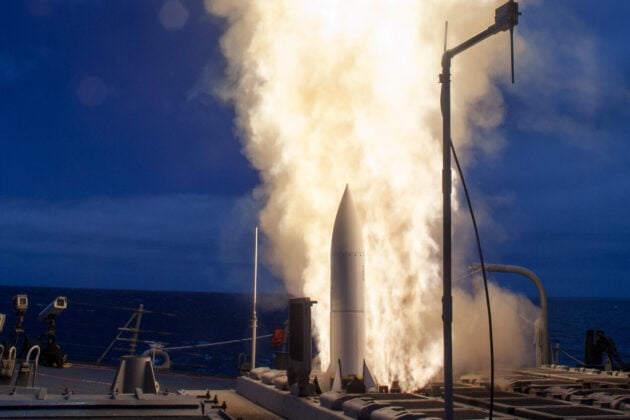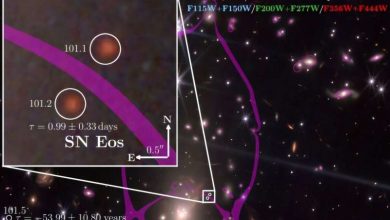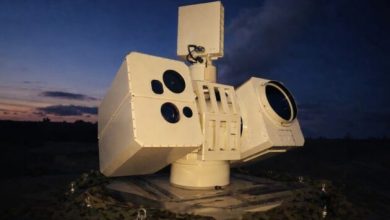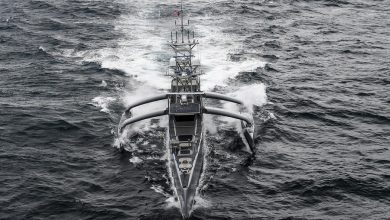Germany to buy SM-6 and SM-2 missiles under $3.5B deal

The State Department has approved a potential Foreign Military Sale to Germany for Standard Missile 6 Block I and Standard Missile 2 Block IIIC systems, along with associated equipment and support, at an estimated cost of $3.5 billion.
The Defense Security Cooperation Agency (DSCA) has delivered the required certification notifying Congress.
According to the announcement, Germany has requested the purchase of up to 173 SM‑6 Block I missiles and 577 SM‑2 Block IIIC missiles, as well as related non‑MDE hardware, including MK 21 and MK 13 Vertical Launch System canisters for transport, storage, and launch. The package also includes MK 21 Mod 3 and MK 13 Mod 1 canisters, missile test equipment, engineering and integration materials, special handling equipment, training aids, technical documentation, and logistics and lifecycle support.
DSCA said the proposed sale supports U.S. security objectives by strengthening a NATO ally that serves as “a force for political stability and economic progress in Europe.” It added that Germany will be able to absorb the systems without difficulty.
The agency stated the sale would enhance Germany’s integrated air and missile defense capabilities, especially for its future F127 class Aegis‑equipped surface combatants, enabling them to counter current and emerging threats. DSCA also noted that the purchase will improve Germany’s ability to operate alongside U.S. and allied forces across a wide range of maritime operations. The agency emphasized that the sale “will not alter the basic military balance in the region.”
RTX Corporation will serve as the principal contractor, with work distributed across its facilities in Camden, Arkansas; Tucson, Arizona; and Huntsville, Alabama. The U.S. government reported no offset agreements at this stage, adding that any such arrangements would be negotiated directly between Germany and RTX.
The SM‑6 and SM‑2 missiles requested by Germany represent some of the most advanced naval air defense capabilities available to U.S. allies. The SM‑6, developed by Raytheon, is described as an “over‑the‑horizon, two‑stage surface‑to‑air missile.” It can engage targets without requiring continuous target illumination from the launching ship’s radar. According to the translated description, “the missile has gained the ability to engage targets beyond the horizon or behind terrain folds” due to the active radar seeker taken from the AIM‑120 AMRAAM.
The missile uses an inertial guidance system with mid‑course updates from the ship, then activates its active radar seeker in the final phase to perform precision guidance. The translated text adds that “the missile can intercept targets with a direct hit.” With the Mk.72 booster and an upgraded rocket motor, SM‑6 can intercept threats at distances up to 240 kilometers and altitudes up to 33 kilometers.
The SM‑2 Block IIIC, also included in the request, adds an active seeker to the long‑established SM‑2 family, providing improved performance against maneuvering aerial threats.
DSCA said that no additional U.S. personnel will be required in Germany to support implementation of the sale, and that the transfer “will have no adverse impact on U.S. defense readiness.” The agency noted that the final dollar value will depend on Germany’s confirmed requirements and the terms of the eventual sales agreement.





